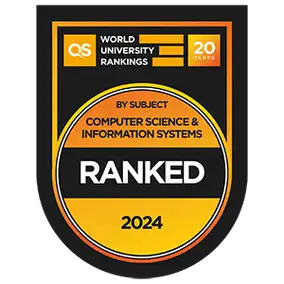Overview
The College of Sciences – Te Wāhanga Pūtaiao is research-led. We provide transformative learning experiences to prepare our students for success in their chosen fields and deliver globally relevant solutions to fundamental and applied scientific challenges.
We offer world-leading and unique programmes across our specialities. Massey ranks highly in the top vet schools in the world and is internationally accredited. Our agriculture programme is number one in New Zealand according to global rankings.
Te Tiriti o Waitangi at Massey
We are deeply committed to being a Tiriti-led college, demonstrating authentic leadership in contemporary Aotearoa New Zealand as we uphold te Tiriti o Waitangi, the founding document of our nation, and its principles through our practice. We embrace this not just as an obligation but as a real opportunity for the nation and its people.
Te Tiriti o Waitangi ki Te Kunenga ki Pūrehuroa – The Treaty of Waitangi at Massey
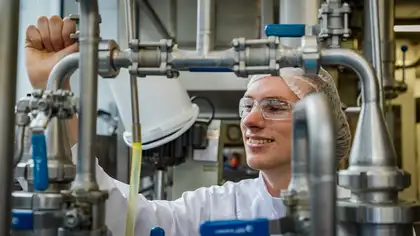
Study with us
Prepare for success in your chosen field. Study agriculture, food technology, IT systems, vet science, wildlife ecology and more.
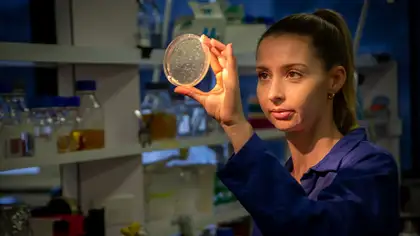
Our research
The College of Sciences brings together experts from several disciplines to further knowledge and make a difference in New Zealand and the world.
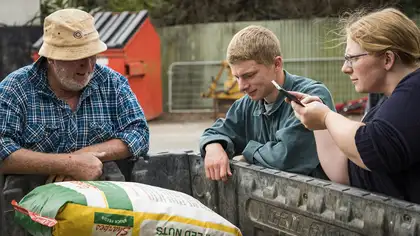
Industry, alumni and community
Become a research partner with the College of Sciences, participate in a study or find resources and workshops for your school.
Who we are
Our people make us who we are. Meet senior leaders in the College of Sciences.
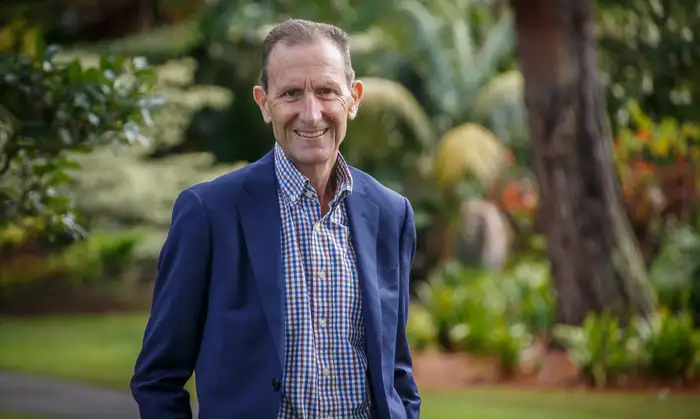
Professor Raymond Geor
Raymond Geor is a veterinary and agricultural science specialist with expertise in equine medicine, nutrition and sport science. After graduating from Massey with a Bachelor of Veterinary Science in 1983, he moved to Australia then the US for further study. He spent 30 years in academic roles in North America before returning to lead our College of Sciences in 2015.

Professor Paul Kenyon
Paul Kenyon's expertise is sheep husbandry. He undertakes a range of research at both the basic science and applied level. Paul has strong links with the sheep industry in New Zealand.

Professor Monty Sutrisna
Monty Sutrisna is Professor of Construction and Project Management, with practical experience as a leader in the construction industry in the UK, Australia and Indonesia. Monty champions close collaboration between academia and industry. Research interests include construction IT and artificial intelligence, construction contracts, and productivity.

Professor Simon Hall
Simon Hall's expertise is in chemistry. A Fellow of the Royal Society of Chemistry, he was a founding principal investigator in the MacDiarmid Institute for Advanced Materials and Nanotechnology.
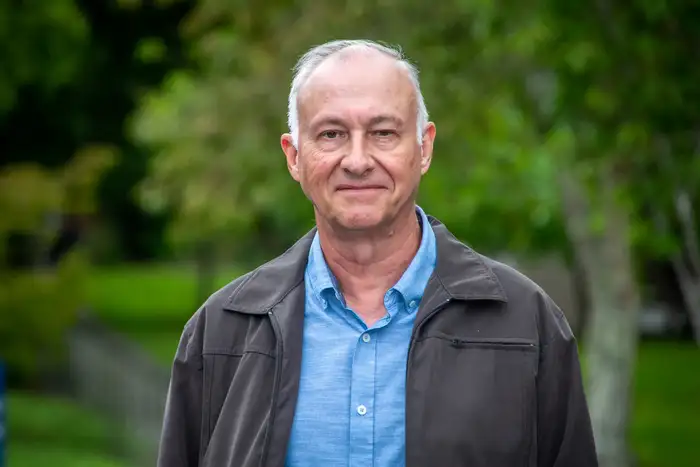
Professor Chris Scogings
Chris Scogings' research focuses on agent-based modelling, including new algorithms to enhance performance. A dedicated teacher, Chris has received the Vice-Chancellor’s Award for Excellence in Teaching (2006) and Albany Lecturer of the Year (2005 and 2013). Chris has strong links to the local software industry.
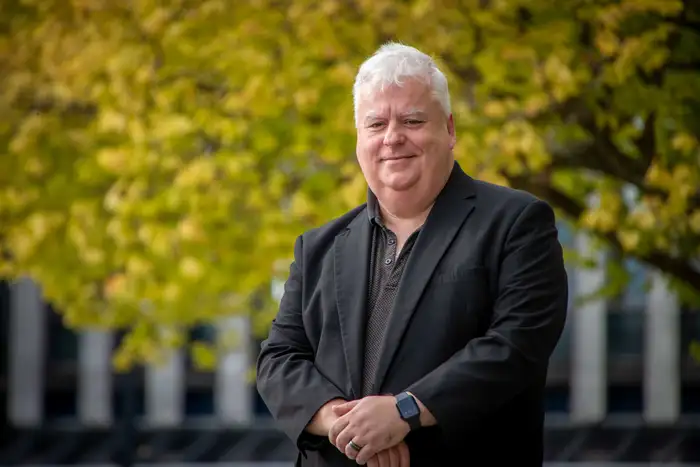
Professor Jamie Quinton
Jamie Quinton's research interests include nanotechnology, physics and materials engineering – and he holds two patents. He joined Massey in 2022 after 18 years at Flinders University in Adelaide, where he won awards for lecturer of the year and a national teaching citation. Jamie is a Fellow of the Australian Institutes of Physics and a member of the British Institute of Physics.
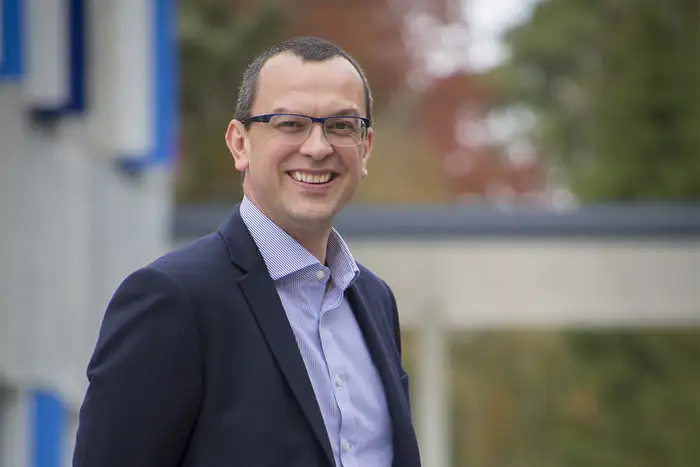
Professor Jon Huxley
Jon Huxley joined Massey in May 2018 having previously worked in two UK vet schools. His clinical and research expertise is in dairy cow population health, particularly lameness and the impact of the housed environment on animal health and welfare.

Associate Professor Liz Norman
A trained veterinarian with a doctorate in education, Liz Norman's research focuses on the experiences and wellbeing of veterinary students. She has won teaching awards from Massey and Ako Aotearoa Academy of Tertiary Teaching Excellence.

Professor Jonathan Procter
Jonathan Procter manages Massey’s Volcanic Risk Solutions research group. Jonathan contributes to national and international research into volcanic hazards, hazard detection and simulation, and community resilience to natural and environmental hazards.
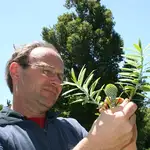
Professor Peter Lockhart
Peter Lockhart has worked closely with Pacific nations since 2004. His experience includes being the instigator of the UNESCO UNITWIN Network to create opportunities for Pacific students, and co-supervision of several Pacific students.
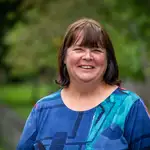
Professor Suzanne Wilkinson
Suzanne Wilkinson focuses on construction management and civil engineering. Suzanne's research interests include construction climate mitigation, construction innovation, disaster management, resilience, and smart cities.

Associate Professor Catherine Whitby
Catherine is a Senior Lecturer in Chemistry. She is a physical chemist with expertise in colloid and surface chemistry. She uses nanomaterials to modify the chemistry of drop and bubble surfaces. This strategy enables her to control the structure, stability and flow of soft materials. Her findings have been applied in food and pharmaceutical products and in drilling fluids.

Professor Gourab Sen Gupta
Gourab Sen Gupta received his PhD in Computer Systems Engineering from Massey University in 2008. Since September 2002 he has been with the School of Engineering and Advanced Technology, Massey University, New Zealand, where is currently the Deputy Head and Academic Dean (Engineering and Food).
Schools
Our college is home to five interconnected schools and multiple research centres.
School of Agriculture & Environment
Examining interconnections between primary industries such as farming and forestry and our unique environments.
School of Built Environment
Industry-relevant teaching and research in construction, lighting, quantity surveying and sustainable buildings.
School of Food Technology and Natural Sciences
New ideas in food science and food technology, alongside the fundamental sciences of chemistry and biology.
School of Mathematical and Computational Sciences
Maths, statistics and computing with a future focus and strong industry connections.
School of Veterinary Science
Ranked highly in the top vet schools in the world and internationally accredited.
Services and clinics
Massey clinics offer services for the public, as well as research or training for staff, students and business.
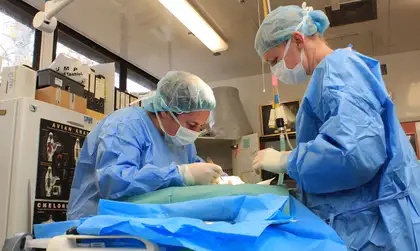
Veterinary Teaching Hospital's clinics
Our expert staff diagnose and treat many animal species, including:
- cats, dogs and other pets
- horses
- livestock and lifestyle animals such as alpaca and poultry
- native birds and reptiles.
We're open to the public and offer hands-on experience for veterinary students.
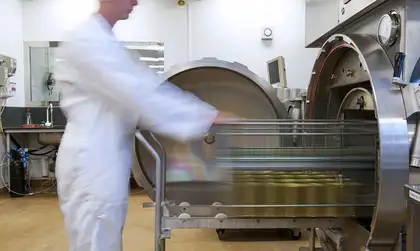
Food Innovation for business development
FoodPilot's Food Innovation offers advice, consultancy or commissioned research in any area of food science, food technology or the business of food. With extensive food industry experience, we can help with everything from brainstorming concepts to small production trials.
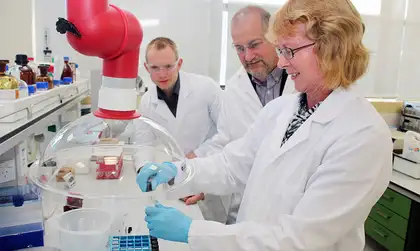
Nutrition Laboratory
The laboratory specialises in analysing food, plant and animal products. The facilities enable nutritional testing of food products, including for:
- food safety
- labelling
- product formulation
- shelf life.
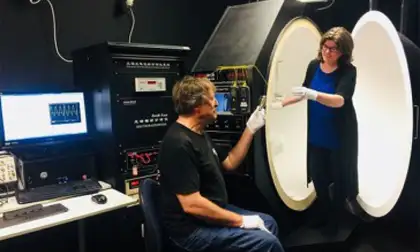
Photometric Laboratory
This state-of-the-art lighting laboratory includes specialist equipment to measure:
- colour rending and colour temperature
- dominant wavelength
- luminosity
- power, and more.
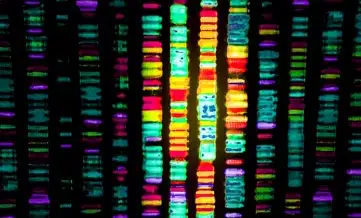
Massey Genome Service
Our lab provides sequencing services to New Zealand researchers and students, including:
- analysis of genomic DNA
- genotyping
- RNA and ABI sequencing.
Location: Manawatū campus
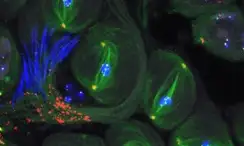
Manawatū Microscopy and Imaging Centre
The centre is available for use by organisations such as researchers, Crown Research Institutes, other teaching institutions, hospitals and commercial clients.
We have a team of specialists and offer:
- transmitted light and fluorescence microscopy
- electron microscopy
- image analysis.
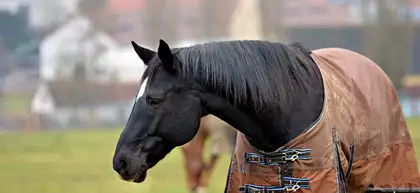
Animal genetic services
Massey University’s InfogeneNZ offers the most comprehensive range of DNA-based genetic testing for animals in New Zealand.
Rankings
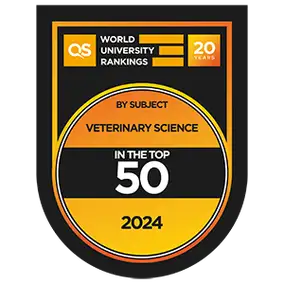
QS Ranking - Veterinary Science
The Veterinary School is ranked by QS (Quacquarelli Symonds) as 21st in the world for veterinary science, the highest ranked school in the southern hemisphere.
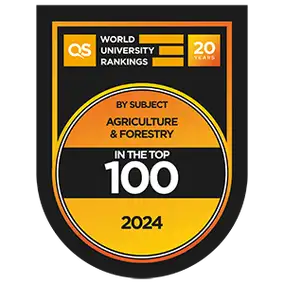
QS Ranking - Agriculture and Forestry
Massey is world-ranked and New Zealand’s No 1 university in agriculture according to QS (Quacquarelli Symonds) rankings.

QS Ranking - Architecture and Built Environment
Massey University is ranked by QS (Quacquarelli Symonds) as one of the top 150 universities for Architecture and Built Environment.
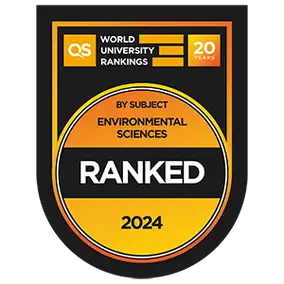
QS Ranking - Environmental Sciences
Massey University’s environmental sciences programme is ranked in the top 350 in the world by Quacquarelli Symonds (QS).
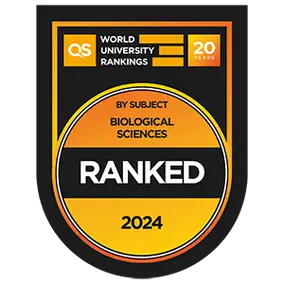
QS Ranking - Biological Sciences
Massey University is ranked by QS (Quacquarelli Symonds) as one of the top 450 universities in the world for biological sciences.

QS Ranking - Chemistry
Massey University is ranked by QS (Quacquarelli Symonds) as one of the top 500 universities in the world for chemistry.
Donate to the College of Sciences
We welcome your support in raising money to enable excellence in scholarship, teaching and research in the College of Sciences.
Workshop showcases detainment bunds as key to sustainable water quality
The second annual Catchment Solutions Project workshop saw over 50 people from across the lower North Island learn about targeted and effective water quality solutions.
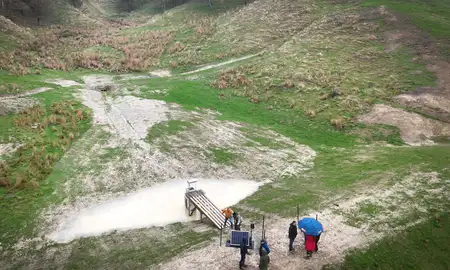
Students use farm finance platform to supercharge their agribusiness acumen
The university has collaborated with finance platform Farm Focus on a programme that saw students participate in educational activities that replicated the reality of modern agricultural businesses.
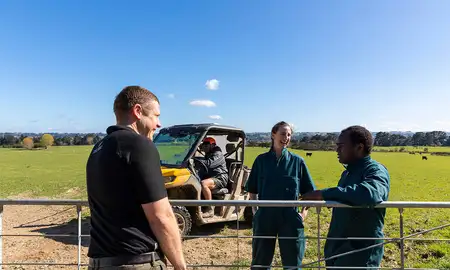
Riddet Institute researcher selected for KiwiNet’s Emerging Innovator Programme
Riddet Institute Research Officer Dr Debashree Roy has been selected for the prestigious KiwiNet Emerging Innovator Programme.
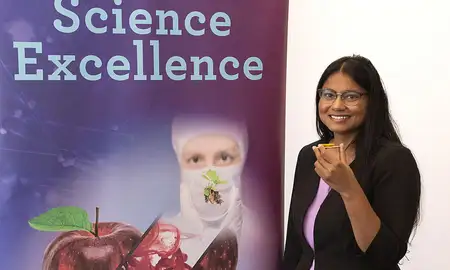
Professor Naomi Cogger appointed to key role on world animal health body
Professor Naomi Cogger from Tāwharau Ora School of Veterinary Science has been voted in as Vice President of the World Organisation for Animal Health’s Scientific Commission.

Contact the College of Sciences
College of Sciences – Auckland campus
- Location
Use our Auckland campus maps or find us on Google Maps.
College of Sciences – Manawatū campus
- Location
Use our Manawatū campus maps or find us on Google Maps.
Looking for a staff member? Visit our staff directory or use Expertise search.

